ABOUT THE CONFERENCE
The 1982 Report of the Review Committee on Insolvency Law and Practice, commonly referred to as the Cork Report*, stated:
“The success of any insolvency system [..] is very largely dependent upon those who administer it. If they do not have the confidence and respect, not only of the courts and of the creditors and debtors, but also of the general public, then complaints will multiply and, if remedial action is not taken, the system will fall into disrepute and disuse.”
This quote, which can be considered one of the building stones of modern quality assurance in the field of insolvency management, probably expresses the essence of the European Restructuring & Insolvency Conference (ERIC) well enough to make further description seem redundant.
It would not be an overstatement to say that the question of insolvency administration is of great importance to every state, let alone to those that may eventually find themselves on the verge of an economic challenge. A matter as important as this couldn’t avoid state regulation, which consequently brought up a question of its enforcement which naturally grew no less important than the question of insolvency per se. Having said that, it is vital to pay the subject of insolvency administration and its supervision due attention and, using the benefits of transnational unification, share the experience of different European jurisdictions and learn from it.
ERIC is a platform established by the Ministry of Justice of the Czech Republic in cooperation with the Czech National Bank and the Faculty of Law of Charles University for the purpose of deepening our knowledge and understanding of insolvency administration and resolution both locally and in an international context. The conference is intended for professionals engaged in insolvency resolution and administration (insolvency administrators, representatives of supervisory and resolution authorities, legal scholars, practicing lawyers etc.) and is thematically divided into three sections addressing the issues in question from different perspectives.
The first section of the conference will be dedicated to the regulatory and EU dimension of insolvency management, thus providing the audience with perspective on fundamental conceptual, and even constitutional questions of state supervision and insolvency regulation. Being supported by research carried out by prominent scholars and professional experience of practicing lawyers (often combined in the same person), these questions will be addressed from different points of view, with the said differences depending not only on speakers’ qualified opinions, but also on jurisdictions of their origin. Should insolvency as a social concept be considered part of judiciary power, or rather a matter of governmental administration? What models of insolvency supervision seem to be more efficient given the specifics of each legal system? What is the role of political power when it comes to insolvency management? What would happen, should there be no professional regulation at all? What are the EU dimensions of insolvency administrator office performance? These and further questions will seek answers from our honourable speakers.
The second section of the conference will be dealing with the performance of insolvency administrator’s office in different EU member states, bringing a more detailed idea of what insolvency management can look like in various jurisdictions. The speakers will share their unique knowledge and engage in moderated panel discussions regarding their viewpoints arising from either positive or negative experience with each insolvency administration and supervision model. The conclusions of this sections could serve as valuable material for the de lege ferenda considerations.
The third section of the conference will address the highly relevant area of banking and financial institutions‘ crisis and insolvency, as well as their resolution. Notable representatives of several European resolution authorities will talk from their professional experience with the banking crisis management and supervision, inter alia on the basis of the recent Sberbank case. There is a common understanding that a failure of a bank is distinctly different from a failure of an industrial corporation, given mainly the very existence of the deposit insurance scheme. When banks fail, depositors have a preference in the insolvency/resolution hierarchy. After the Great Financial Crisis, a new framework has been created to address the shortcomings of the previous regime. Thus, not all banks finish their life in insolvency, and indeed, some banks are being resolved using tools and powers of the newly created resolution authorities. This panel will debate recent experience of the EU resolution authorities and try to paste real-life situations to the legal framework and its expected improvements.
*LCork Report, Insolvency Law and Practice – Report of the Review Committee, London, par. 732; cited from Report I. of European Principles and Best Practices for Insolvency Office Holders written by Prof. Iris Wuisman, Prof, Jan Adriaanse and Dr. Bernard Santen of Leiden Law School, p. 15







